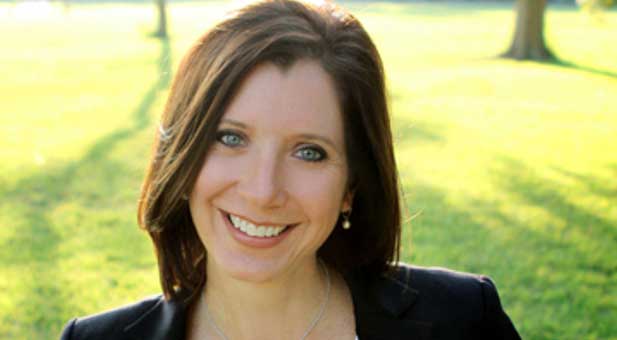April is Child Abuse Prevention and Sexual Assault Awareness Month. I believe it is important for survivors to talk about what they survived in order to bring awareness and help others to speak up to stop the abuse.
I want to share with you something I wrote in regard to this issue, and I pray it continues to bring about much-needed awareness and offer hope to survivors to thrive.
Sexual abuse is more prevalent than we want to admit.
One in six men have experienced sexual abuse before they were 18. One in four girls will have experienced sexual abuse by the time they are 14, and statistics show that 93 percent of children and juveniles who are sexually abused know their perpetrator. One in every four women between the ages of 14 to 21 will have been sexually assaulted.
These are the statistics based on the victims that have spoken out and told of the abuse. Consider the victims who have not given voice to the abuse or assault they’ve lived through. Sexual abuse is an ugly truth that is hard to accept.
Often when a victim tries to tell and speak out about what is being done to them or what has been done, it is ignored or dismissed because the facts are messy. Psychologically, we can’t fathom a member of our family or a friend—someone we love and trust—could commit such a heinous act, nor can we allow our minds to imagine it happening to a child.
The fact is this is our truth. We are the statistic, and we have a story that needs to be told. Survivors of sexual abuse and assault are often either scared into keeping quiet and obliging the abuse or are so young they know no other experience and feel this is what is normal.
Many sexual abuse victims are told they have been bad and that this is a form of punishment or the opposite—that they are the favorite and are groomed to feel obliged to go along with the abuse to make the perpetrator happy. The scenarios are endless, but the results are the same.
The victim no longer has a voice, and this carries on into their adult life. Deep-seated feelings of insecurity, lack of self-esteem, unworthiness and lack of self-respect are the result. Often if a child is sexually abused at a very young age, then their awareness of their sexuality has been aroused, which brings feelings, responses and emotions that a young child is not yet ready to control or understand.
This leads to acting out sexually in the tween and teen years and can lead to drug and alcohol abuse at an early age. Experiencing intimacy and natural, normal boundaries in relationships is often affected by the abuse, which can heighten the sense of unworthiness, low self-esteem and lack of self-respect, which often leads to depression and, in some cases, suicide.
One way this can be prevented is to let a survivor know they have a voice that needs to be heard. Survivors need to tell their story, release what has been done to them and receive the support from loved ones and the counseling that will help them expose the shame, fear and guilt and learn to live normal, healthy lives. The more a survivor can talk, the more they will heal. Specific details do not need to be shared; often that brings a sense of revictimization. Simply acknowledging that this is their truth and that they survived and are given the freedom to experience the grief process is key.
The shame of the abuse does not lay with the victim; it belongs to the perpetrator. If you are a survivor of any form of abuse and want to share your story in order to bring about awareness and offer hope to others, please email me at [email protected]. Your story is important.
Shannon Dietz is the author of the award-winning Exposed: Inexcusable Me, Irreplaceable Him and Redeemed, coming out this summer. Find out more about her ministry at shannonmdeitz.com.












